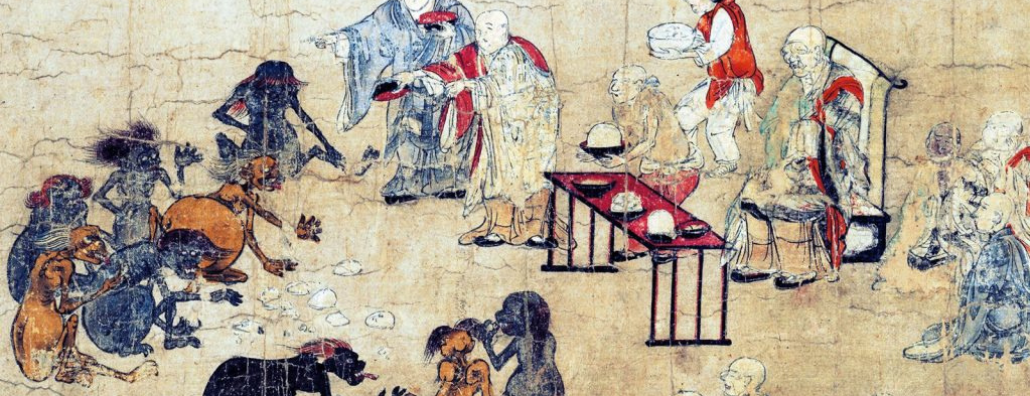The Iceberg Beneath Burnout – What Builds It, What Keeps It Frozen
Part 1: I'll be fine ...That point when you feel you just can’t get up from the couch anymore.
When the footsteps of your partner sound like angry stomps in your head.
When everything feels like too much.
You stop caring, or maybe you care so much it hurts.
You have simply burned out. Losing perspective, losing your balance.
But as anyone who’s been through it knows: burnout isn’t a single event. It’s more like an iceberg that’s been forming beneath the surface for a long time. Layer upon layer - heartbreak, loss, injustice, exhaustion, perfectionism, looking after others and not yourself.
All of it freezing into shape, unseen or denied, until one day it surfaces and takes you down.
As I see it, our self-talk, aka our inner judge, is what keeps the ice from melting along the way. As Gabor Maté describes trauma, the same seems true for burnout: The iceberg isn’t just made of what’s happened to us. It’s also held together by how we speak to ourselves about it.
Because in principal, our physical, mental, and emotional systems have evolved to recover. Human beings are built for resilience — to process pain, to grow stronger and wiser through experience.
This just reminded me of a documentary I saw years ago, called Heal. Having lived with chronic pain for much of my life, I’ll never forget what they said at the end:
“Our bodies can heal — we just need to get out of the way.”
I remember crying. It resonated so deeply — without thinking about it, it just felt true. When self-sabotage becomes the air we breathe, it keeps the temperature low.
It’s a certain coldness - not compassion - that most of us were conditioned to apply, even by the most well-meaning parents. As if that make us tougher. But it doesn’t. It just undermines our natural healing sources.
And so the iceberg hardens and builds up — insidiously, invisibly — until we start to believe that numbness and avoidance are normal: thanks, I’ll be fine.
That’s what I’ve noticed again and again — in therapy, coaching, and spiritual work. When people finally stop to recognise what they’ve been believing under the mask, they begin to see not just what happened to them, but what they tell themselves about it. Sometimes throughout the day — oh! how subtly it can happen - like a constant snack gone sour.
I find this whole topic so important and fascinating. Because our self-talk is one area where we seemingly do have agency, even when so much else is outside of it.
Part 2: The Hungry Ghost Called Not-Enough Seventh section of Gaki-zoshi ("Hungry Ghosts Scroll"), 12th century, Japan. Source image: Tricycle Magazine
Burnout, especially in purpose-driven sectors, is still on the rise. But I propose that perhaps more accurately than saying we’re in a burnout epidemic, we’re in a not-enoughness epidemic.
All this self-control and judgment seems to loop back to one thing: I’m not […..] enough, or a version of that.
One day, we realise how easily thoughts like these run the show:
“I should be doing better.”
“Why can’t I handle this?”
“Everyone else seems fine.”
“I’m not valuable.”
“I’m not lovable.”
And even when we know it’s not really true, part of us clings to it, because we believe it keeps us driven, disciplined, afloat. Fearing that if we’re too kind to ourselves, we might become lazy, careless, selfish, and judged negatively by others.
(Isn’t it bizarre how self-rejection can feel better than judgement from others.)
It’s not that easy to push this cold iceberg out to sea, because, oddly, it can actually feel powerful, like surviving — even when it’s not making you stronger.
And you know what? You don’t have to.
If you’re still breathing, you are surviving.
And yet, some of us reach a point where we plead: I want to end this way of living. I’m tired of treating myself like a disposable cup. But when people in a session ask, “How do I stop the inner critic?” I might say something a little different… (it’s how I was raised as a coach).
What if, instead, you agree?
What if you don’t stop the inner critic? Call it a hack: give in. “I am not enough.” There, it’s official.
And something can loosen up. Because the part of you that whispers those damning lines all the time, will only lodge itself further into your psyche, if you, in turn, uber-judge it.
And the truth is, that voice will never truly be satisfied anyway. It’s what Buddhist mythology calls the Hungry Ghost. It feeds on lack, misunderstanding and old pain. It’s just an echo from a time you didn’t know better. But it might well relax, even go silent, once it knows it’s welcome. Don’t hand it the microphone, but don’t reprimand it either.
And in that small act of not fighting yourself, a little warmth can return.
That’s what my work - discovering your Impact Sweet Spot — is really about. Yes, it helps with clarity and strategy, but more fundamentally it’s a framework for melting the ice. A way of rebuilding how you relate to yourself, until the old self-criticism starts losing its grip.
And you begin to feel life moving again.
Remembering who’s really here, when the judge feels safe enough to go quiet.
***
If something in this resonated and you’d like to reconnect with yourself in a new way, you can book a call with me here


